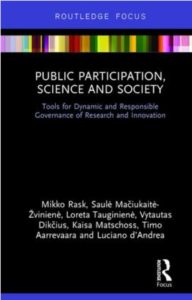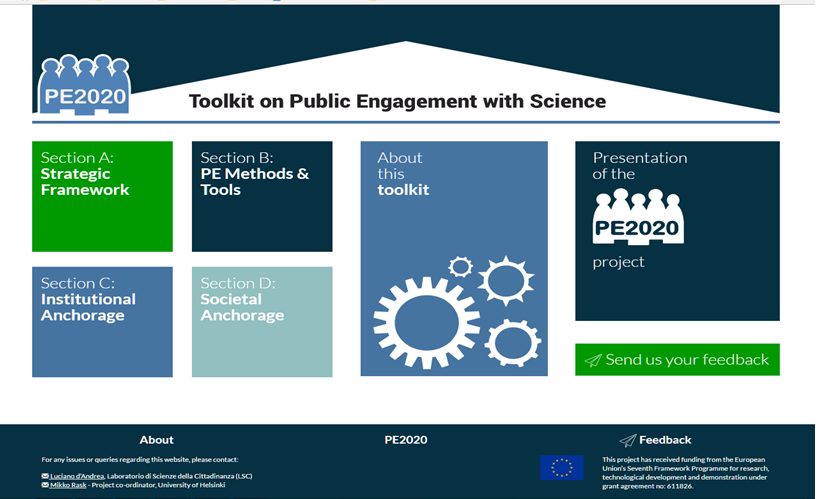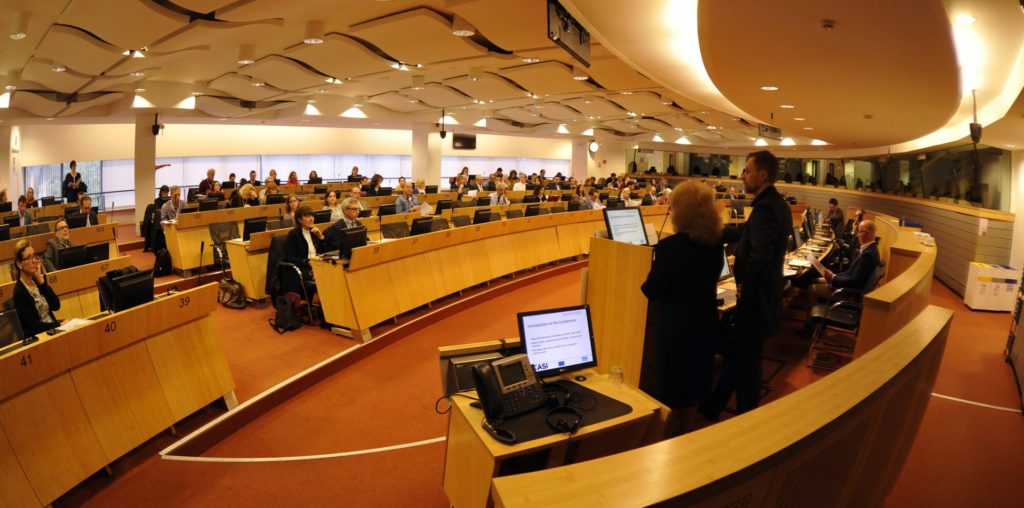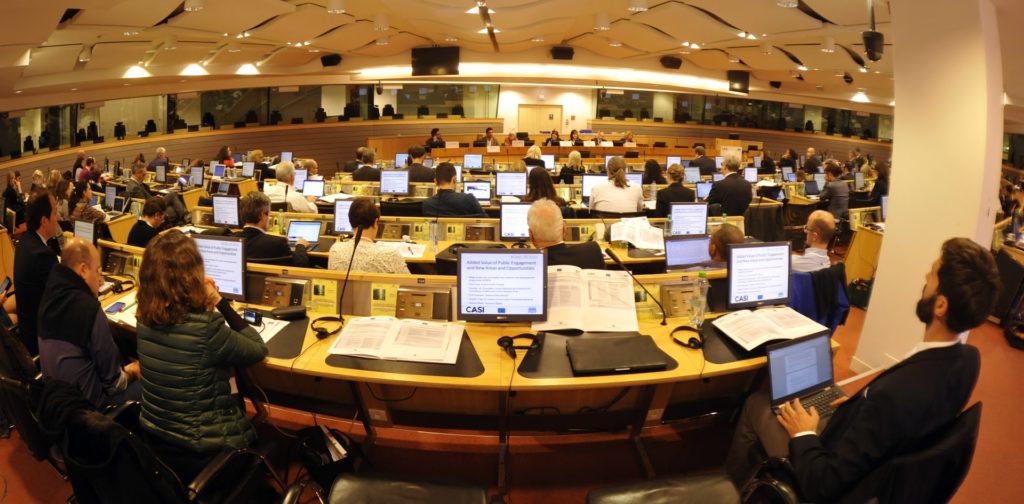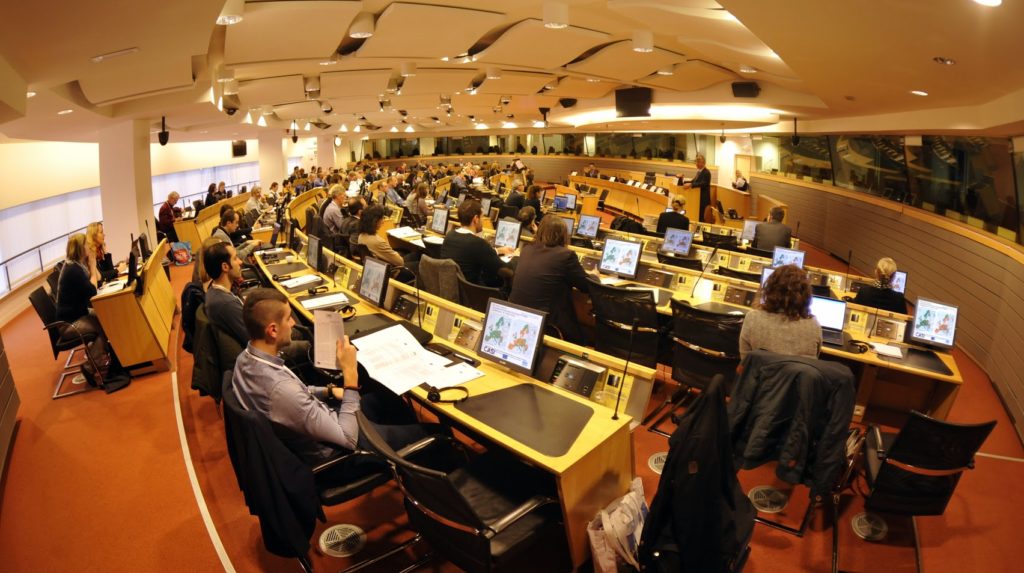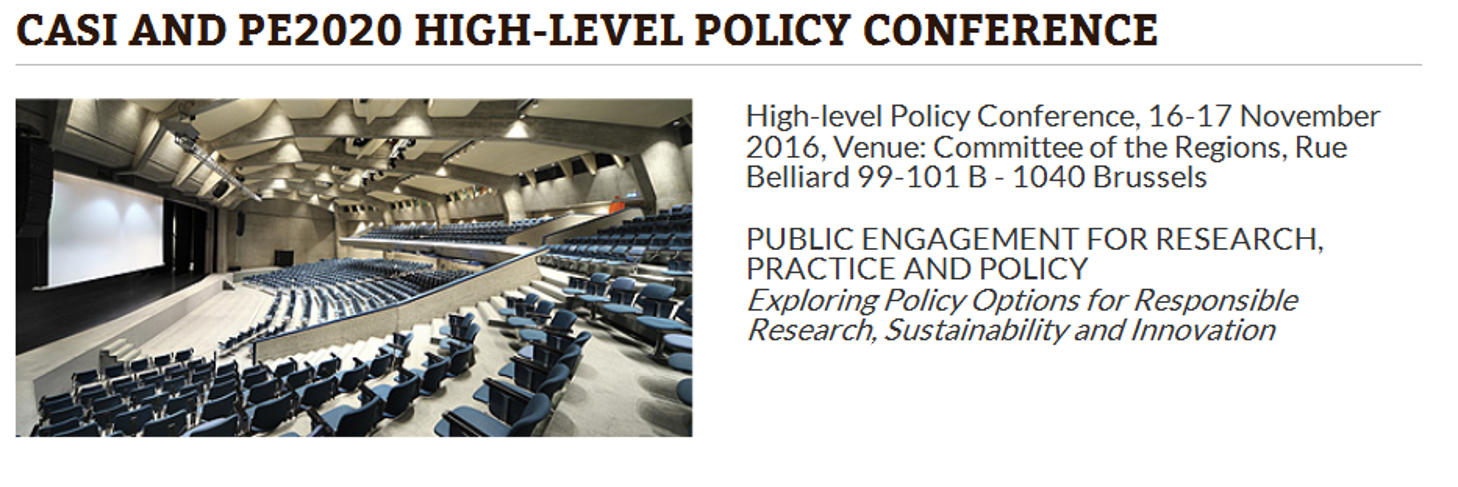We welcome you to take a look at our book published by Routledge and written based on the research executed in the PE2020-project!
“This well-researched book on European practices of public participation in science provides comprehensive overview and deep insights. It is empirically rich, theoretically innovative and offers an active lead into Responsible Research and Innovation. In short: Everything you always wanted to know about public participation in science, but were afraid to ask.” — Professor Wiebe E. Bijker, Norwegian University of Science and Technology and Maastricht University, The Netherlands
The book is aimed primarily at scholars and practitioners of public participation, as well as research managers, policy makers and business actors interested in related issues. There is also a secondary market for students and scholars of European governance studies, sociology and political sciences. You can order it here.
The field of public participation is developing fast, with phenomena such as citizen science and crowdsourcing extending the resource base of research, stimulating innovation and making science more accessible to the general population.
Promoting public participation means giving more weight to citizens and civil society actors in the definition of research needs and in the implementation of research and innovation. As yet, there is limited understanding of the implications of widespread use of public participation and as a result, there is a risk that it will become a burden for research and an obstacle to bridging the gap between research and society. This volume presents the findings of a three-year international study on innovative public participation. The resulting work studies the characteristics and trends of innovative public participation through a global sample of 38 case studies. It provides theoretical generalisations on the dynamics of public participation, suggestions for an evaluation framework and clear empirical examples of how public participation works in practice. Illustrated by best practice cases, the authors identify characteristics which contribute to successful public participation.
